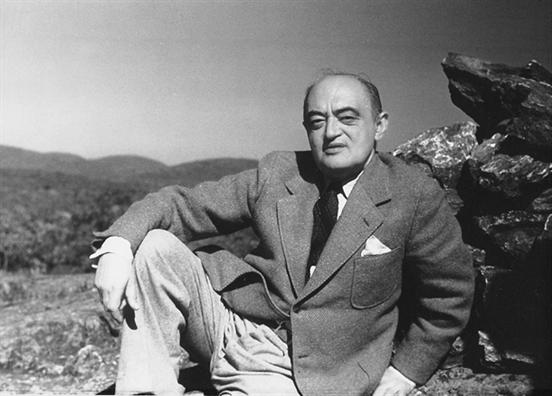Whenever an economy or a sector of an economy adapts itself to a change in its data in the way that traditional theory describes, whenever, that is, an economy reacts to an increase in population by simply adding the new brains and hands to the working force in the existing employments, or an industry reacts to a protective duty by expansion within its existing practice, we may speak of the development as adaptive response. And whenever the economy or an industry or some firms in an industry do something else, something that is outside of the range of existing practice, we may speak of creative response. Creative response has at least three essential characteristics.
- First, from the standpoint of the observer who is in full possession of all relevant facts, it can always be understood ex post; but it can practically never be understood ex ante; that is to say, it cannot be predicted by applying the ordinary rules of inference from the pre-existing facts. This is why the „how“ in what has been called above the „mechanisms“ must be investigated in each case.
- Secondly, creative response shapes the whole course of subsequent events and their „long-run“ outcome. It is not true that both types of responses dominate only what the economist loves to call „transitions,“ leaving the ultimate outcome to be determined by the initial data. Creative response changes social and economic situations for good, or, to put it differently, it creates situations from which there is no bridge to those situations that might have emerged in its absence. This is why creative response is an essential element in the historical process; no deterministic credo avails against this.
- Thirdly, creative response – the frequency of its occurrence in a group, its intensity and success or failure – has obviously something, be that much or little, to do
(a) with quality of the personnel available in a society,
(b) with relative quality of personnel, that is, with quality available to a particular field of activity relative to quality available, at the same time, to others, and
(c) with individual decisions, actions, and patterns of behavior.
Accordingly, a study of creative response in business becomes coterminous with a study of entrepreneurship. The mechanisms of economic change in capitalist society pivot on entrepreneurial activity. Whether we emphasize opportunity or conditions, the responses of individuals or of groups, it is patently true that in capitalist society objective opportunities or conditions act through entrepreneurial activity, analysis of which is at the very least a highly important avenue to the investigation of economic changes in the capitalist epoch. This is compatible with widely different views about its importance as an „ultimate cause.“
Zitiert aus: Schumpeter, J.A. (1947). The Creative Response in Economic History. In: The Journal of Economic History, Vol. 7, No. 2. (Nov., 1947), pp. 149-159.
The Creative Response in Economic History

